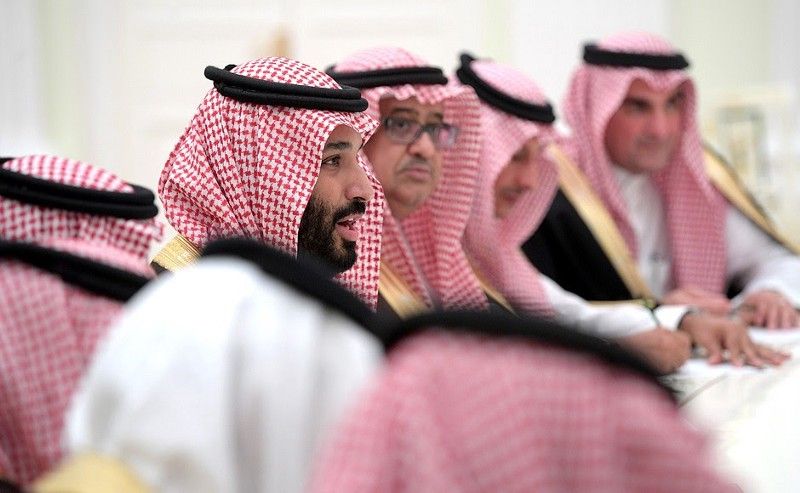Today, Saudi Crown Prince Mohammed bin Salman (known to many in the West as “MBS”) visits the White House at the start of a two-and-a-half-week tour of the US. His objectives, as he prepares to take over from his father as king later this year, fall into three main categories — geopolitics, optics, and business.
Geopolitics: US-Saudi relations soured under President Obama, though President Trump has ushered in a period of somewhat warmer relations — and more sword dancing and glowing orbs. But as MBS prepares to take power in what could be a contentious succession, he’ll want to know where Riyadh’s most powerful traditional ally stands — not least on key foreign policy challenges like the Kingdom’s (ruinous) war in Yemen, the blockade of Qatar, and the challenge of Iran’s growing regional influence.
Optics: The 32-year-old crown prince needs to convince American politicians and businesspeople not only that he’s serious about radically transforming and liberalizing Saudi society over the next decade, but that he can do it without upending social and political stability in the world’s largest oil exporter.
Business: Attracting American investment is critical for MBS’s economic reform plans, so after doing the Beltway rounds, the crown prince will hit the road to meet with corporate and investment executives across the US. Among other stops, he’ll see Amazon and Boeing in Seattle, take a swing through Silicon Valley, and meet with film industry executives in Los Angeles.
(Ok, fun time — what’s the best Saudi remake title you can give us? My pal @rajakorman comes out swinging with Fast and Furious 8, featuring all women drivers. You?)
